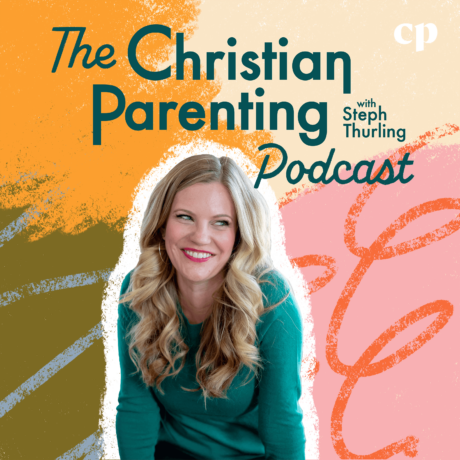
Live perfectly imperfect
Get weekly emails with practical and spiritual advice that set aside the standard of perfection and help you grow into the parent you want to be every day!
Join over 75,000 parents growing into who God made them to be.
THE CHRISTIAN PARENTING PODCAST
Practical tips and spiritual guidance for your parenting journey.
As believing parents, we know how important it is to raise our kids with love and intentionality. We want to give our kids a full picture of God’s love for them every day! But some days, it’s really hard! We are stretched thin, tired, and often feel unequipped. The Christian Parenting Podcast gives parents the space and resources to set aside perfection and grow into the perfectly imperfect parents God made them to be.
Listen to the latest episode!A CHRISTIAN PARENTING GUIDE
Raising a daughter isn’t easy. This is where you start.
These days, it’s harder than ever to instill in our daughters the godly confidence they so desperately need.
Helping Moms Raise Confident Daughters by Terra Mattson, MA LPC, LMFT, is the resource you need to bring up confident, godly girls.
Select your course!Articles
Help more parents find freedom in being perfectly imperfect!
Christian Parenting is donor funded, and we need generous donors like you to step forward and enable this to happen.
































